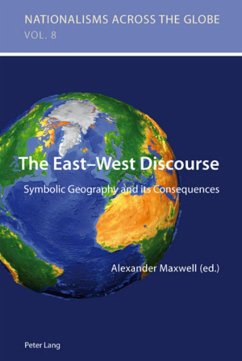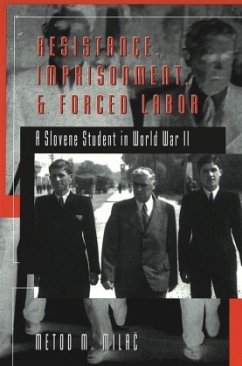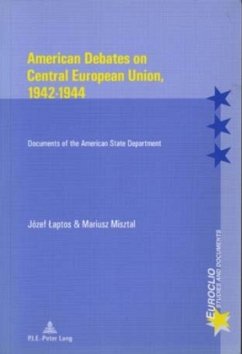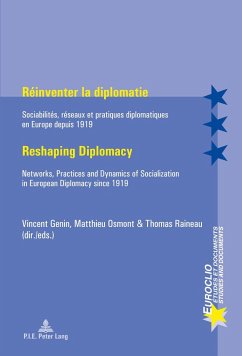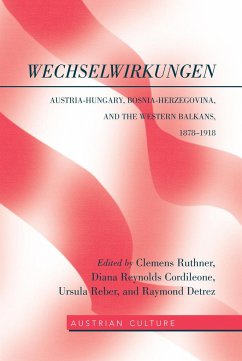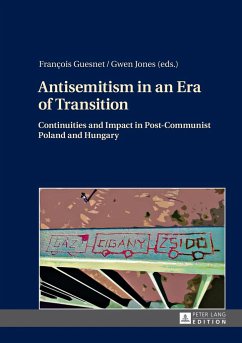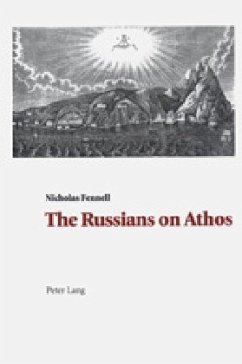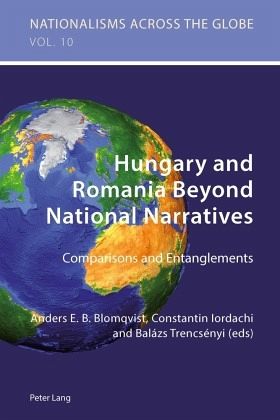
Hungary and Romania Beyond National Narratives
Comparisons and Entanglements
Herausgegeben: Trencsenyi, Balazs; Blomqvist, Anders; Iordachi, Constantin
Versandkostenfrei!
Versandfertig in 6-10 Tagen
116,90 €
inkl. MwSt.

PAYBACK Punkte
0 °P sammeln!
This volume explores bilateral relations between Romania and Hungary and examines the entangled history of their two peoples. Going beyond traditional nation-centred narratives, the contributors approach the shared pasts of Romanians and Hungarians within a transnational research framework. Writing the history of Romania and Hungary within a unitary framework, rather than in isolation, allows for a more complete illustration of the complex history of the East-Central European region. This volume attempts to transcend the overlapping and often conflicting narratives of these two nations by loo...
This volume explores bilateral relations between Romania and Hungary and examines the entangled history of their two peoples. Going beyond traditional nation-centred narratives, the contributors approach the shared pasts of Romanians and Hungarians within a transnational research framework.
Writing the history of Romania and Hungary within a unitary framework, rather than in isolation, allows for a more complete illustration of the complex history of the East-Central European region. This volume attempts to transcend the overlapping and often conflicting narratives of these two nations by looking for common theoretical and methodological ground on which to write the rich history of Romanian-Hungarian relations. The volume also seeks to test the relevance of the paradigm of transnational history for the study of Central Europe. The contributors employ recent theoretical and methodological tools provided by various forms of transnational research, such as the history of transfers, shared or entangled history, and histoire croisée. By offering a multi-perspective insight into the entangled histories of Romania and Hungary, this volume acts as a test case for comparative history, on a par with the better-known case of the shared past of France and Germany. It therefore contributes to the broader effort to re-think and re-narrate East-Central European regional history, and also all-European history, from an integrated transnational perspective.
Writing the history of Romania and Hungary within a unitary framework, rather than in isolation, allows for a more complete illustration of the complex history of the East-Central European region. This volume attempts to transcend the overlapping and often conflicting narratives of these two nations by looking for common theoretical and methodological ground on which to write the rich history of Romanian-Hungarian relations. The volume also seeks to test the relevance of the paradigm of transnational history for the study of Central Europe. The contributors employ recent theoretical and methodological tools provided by various forms of transnational research, such as the history of transfers, shared or entangled history, and histoire croisée. By offering a multi-perspective insight into the entangled histories of Romania and Hungary, this volume acts as a test case for comparative history, on a par with the better-known case of the shared past of France and Germany. It therefore contributes to the broader effort to re-think and re-narrate East-Central European regional history, and also all-European history, from an integrated transnational perspective.





